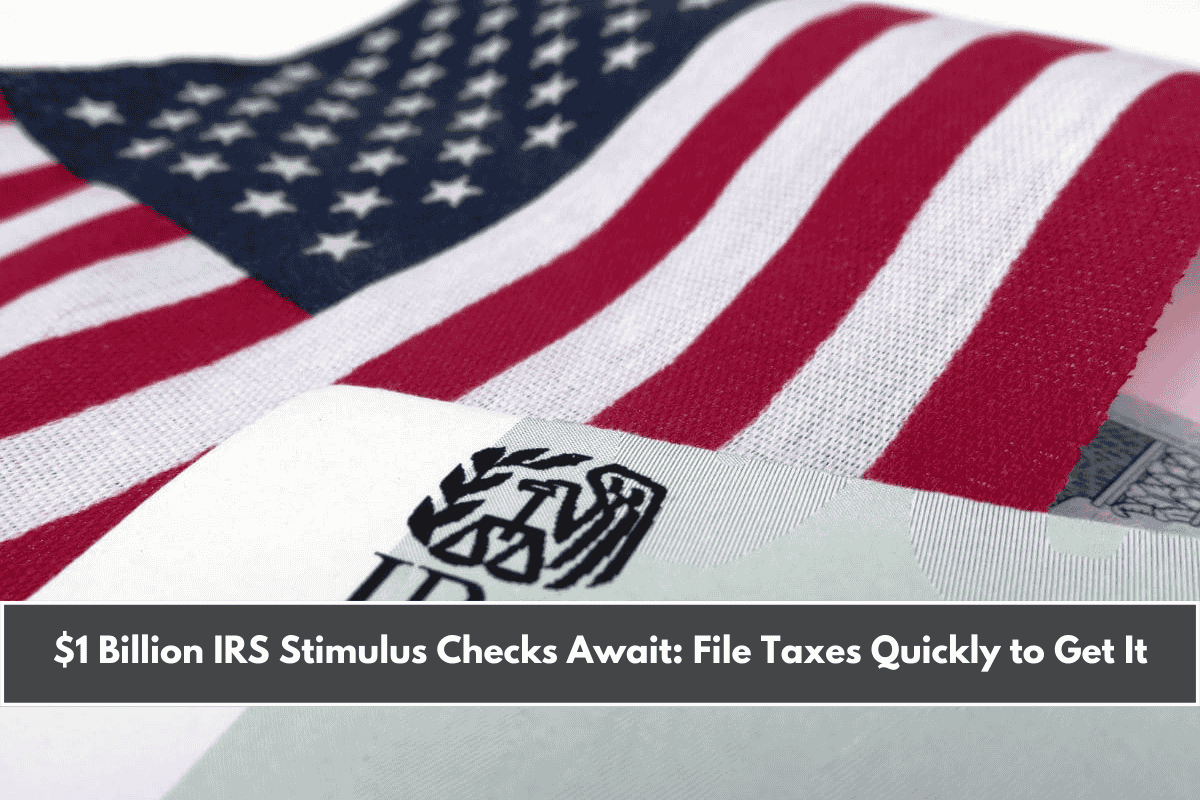Every year, thousands of people in the United States forget or delay filing their tax returns—and as a result, they miss out on the refunds they are legally owed. For the 2021 tax year, the Internal Revenue Service (IRS) has reported that more than 1.1 million taxpayers still haven’t claimed their refunds.
The deadline to claim this money is fast approaching: April 15, 2025. If taxpayers do not file by this date, the unclaimed money will go back to the federal government—and can no longer be collected.
How Much Could You Be Missing?
According to the IRS, the average refund for 2021 is $781 per person, and in total, more than $1 billion remains unclaimed across the country. This does not include other benefits like the Earned Income Tax Credit (EITC) and Recovery Rebate Credit, which could increase the refund even more.
The EITC alone was worth up to $6,728 in 2021, depending on your income, marital status, and how many children you had. This means that low- and middle-income families could receive much more than just the $781 average.
Why You Shouldn’t Delay Filing
Failing to file your tax return not only means losing potential money, but also missing out on financial benefits that could help your family. Many people don’t file because they think they earned too little to be required to—but even if you didn’t earn much, you might still qualify for a refund or tax credits.
Also, if you wait too long to file, it may affect your future tax returns. In some cases, the IRS may hold back your refunds or delay payments if you haven’t submitted all required tax returns, especially for 2022 or 2023.
How to Claim Your 2021 Refund Before the Deadline
If you haven’t filed your 2021 tax return, you still have time—but you need to act quickly. Here’s what you can do:
Step 1: Collect all your income documents from 2021. This includes W-2, 1099, 1098, or 5498 forms. You can request these from your employer, bank, or other financial institutions if you no longer have them.
Step 2: Visit the IRS website and log in to your Individual Online Account. There, you can check your tax records and download transcripts of past tax years.
Step 3: If needed, you can request your transcript by mail or file Form 4506-T to receive a summary of your income from 2021.
Once you have all the documents, you can file your return online or with the help of a tax professional. Just make sure to do it before April 15, 2025.
Things That Might Affect Your Refund
While most people will get their refund without any problem, a few may face issues such as:
- Outstanding debts: If you owe back taxes, unpaid child support, or other government debts, the IRS may use your refund to pay them off.
- Missing tax returns: If you haven’t filed for 2022 or 2023, the IRS might delay your 2021 refund until you do.
That’s why it’s important to stay updated with your tax filings—even if you think you don’t owe or aren’t owed anything.











Leave a Reply